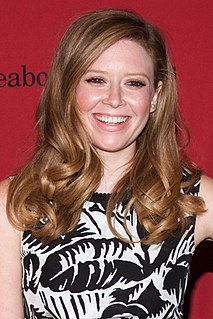A Quote by Frank Moore Cross
That is to say, the inspiration, the interpretive richness of the text is what Elie [Wiesel] does publicly, and his interest in history is his private reserve; he knows that he is not an expert in dissecting the text the way Frank [Moore Cross] does.
Related Quotes
As for the discipline, we [me and Frank Moore Cross] belong to two different disciplines. One involves research and archaeological materials. Mine is more interpretive. But it is the love for the text that is there, and that is what makes the whole adventure of reading and studying and sharing worthwhile.
Illustrations have as much to say as the text. The trick is to say the same thing, but in a different way. It's no good being an illustrator who is saying a lot that is on his or her mind, if it has nothing to do with the text. . . the artist must override the story, but he must also override his own ego for the sake of the story.
With Orff it is text, text, text - the music always subordinate. Not so with me. In 'Magnificat,' the text is important, but in some places I'm writing just music and not caring about text. Sometimes I'm using extremely complicated polyphony where the text is completely buried. So no, I am not another Orff, and I'm not primitive.
























